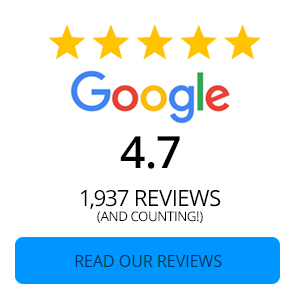Scammers are always looking for ways to prey upon people,
especially those consumers needing money quickly. One way is to use Remote
Deposit Capture (RDC), a service which allows you to deposit a check remotely into
your account.
The basic ploy these scammer use is to tell you they will
deposit money into your account if you agree to send part of the money back to
them. To complete this transaction, you must give them your credit union account
details. The scammer then deposits a check into your account using RDC. Since
credit unions and banks are required by law to make funds from deposited checks
available within 1-2 days, you see the money in your account right away. You then
wire part of money back to scammer and keep the rest. Sounds like easy money,
doesn't it? Not so fast…
When the financial institution attempts to collect the funds
from the scammer's bank, they discover the check is fake. That leaves you
responsible for the amount on the check and the returned check fee. And that
money you already wired to the scammer? You will never get that back.
There are other variations of the RDC/Check scam:
- An online loan website. To receive the loan, you must give the company your credit union account number, online username, and password so the company can deposit the check into your account. The company deposits a check using remote deposit capture and then instructs you to return the money to prove you are trustworthy.
- Mystery shopping. The scammer hires you to evaluate stores. The "employer" deposits a check into your account and instructs you to use some of the money to buy gift cards from these stores. You must send the "employer" the PIN numbers for the gift cards you purchased.
- Personal Assistant jobs. You apply online and are required to give your new boss your account information. The boss deposits a check into your account and, like the scenario above, tells you to use part of it to buy gift cards. You just need to give the boss the PIN numbers.
- Car-wrap advertising job. You are offered thousands of dollars to wrap your car with a company's ad. The check is deposited into your account and you are told to wire part of amount to their shrink-wrap vendor. (The scammer and vendor are really the same person). After you wire the money, the credit union finds out the check was fake, and your "employer" has disappeared.
Bottom line: Never give your online banking information to
anyone you don't know or trust.
